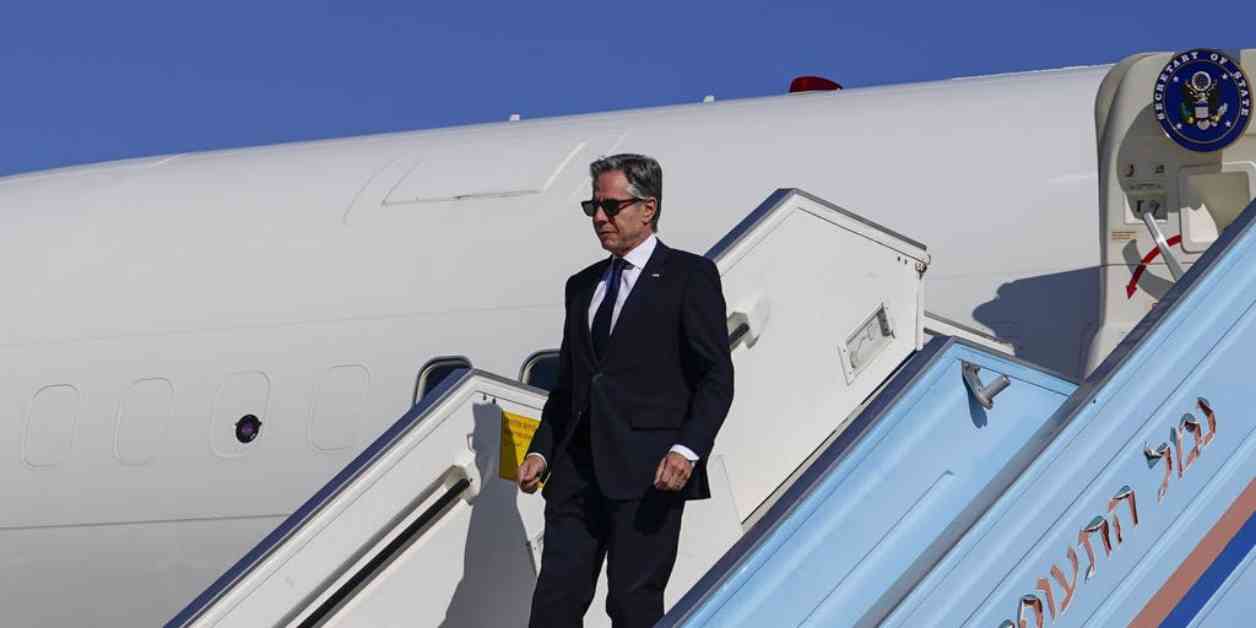Secretary of State Antony Blinken’s recent visit to Israel comes in the midst of heightened security concerns following the leak of Jerusalem’s plans to launch a counterstrike against Iran. The leaked documents, which surfaced online, were allegedly obtained through satellite image analysis and have raised alarm bells among Israeli and American analysts.
Blinken’s primary objective during his visit is to broker a cease-fire in Gaza and put an end to the conflict with Hezbollah in Lebanon. The recent drone strike by the Iranian-backed Hezbollah targeting Prime Minister Benjamin Netanyahu has further escalated tensions in the region.
The leak of Israel’s strategic plans against Iran has prompted discussions about national security and intelligence protocols. The potential for more leaks poses a serious threat to both Israeli and American interests, prompting calls for a review of intelligence access and protection measures.
Former National Security Council official Richard Goldberg emphasized the need for a comprehensive response to the leak, highlighting the risks of ideological radicalization among individuals with access to sensitive information. The leak not only undermines security efforts but also fuels propaganda that could radicalize elements of society against Israel and Jews.
President Biden has expressed deep concern over the alleged leak of U.S. intelligence material related to Israel’s military planning. The leaked documents are expected to be a key topic of discussion between Netanyahu and Blinken during their meeting.
As tensions continue to rise in the region, the international community is closely monitoring developments and working towards de-escalation. Blinken’s visit underscores the importance of diplomatic efforts in resolving conflicts and maintaining stability in the Middle East.
In conclusion, the leaked documents have sparked a national security crisis and raised questions about intelligence-sharing practices and security protocols. As efforts to address the leak unfold, the focus remains on de-escalating tensions and promoting peace in the region.




